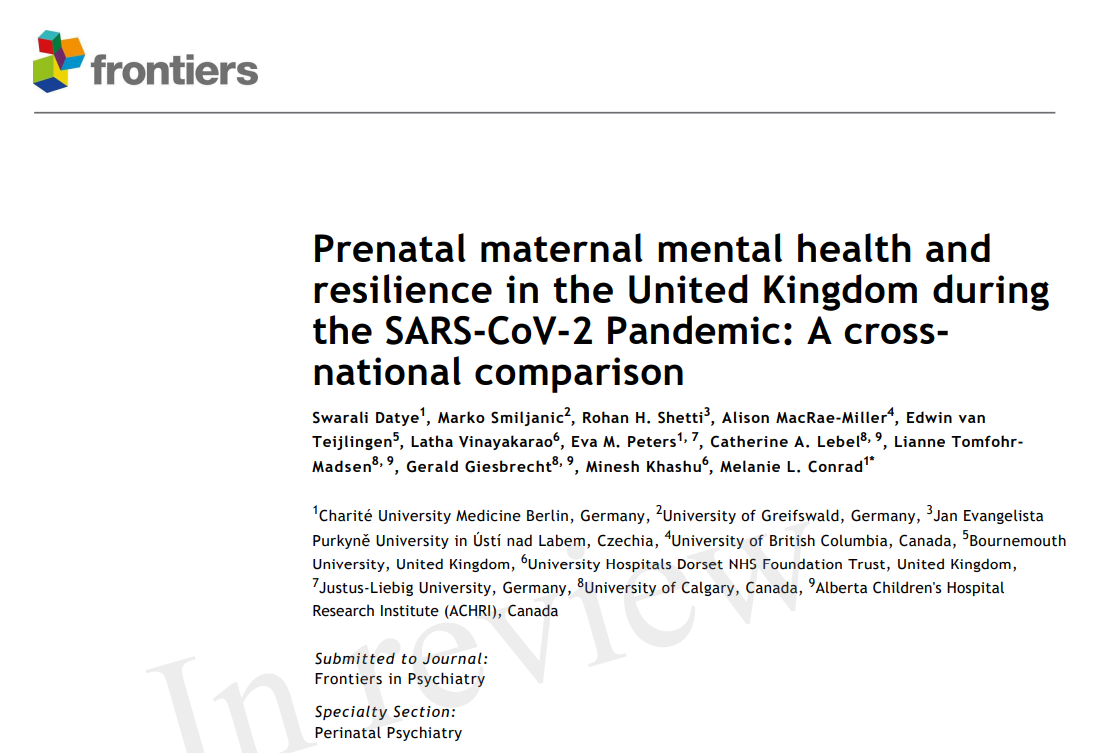 This afternoon the editorial office of Frontiers in Psychiatry informed us that our manuscript “Prenatal maternal mental health and resilience in the United Kingdom during the SARS-CoV-2 Pandemic: A cross-national comparison” [1] has been accepted for publication in Frontiers in Psychiatry, section Perinatal Psychiatry. An interdisciplinary team from Germany, Canada and the UK designed and initiated a longitudinal pregnancy cohort in the United Kingdom titled Maternal mental health during the COVID-19 pandemic: Effect of the Pandemic on Pregnancy Outcomes & Childhood Health (EPPOCH). In the second half of 2020, we recruited 3,600 pregnant individuals via self-enrollment through our website ‘www.eppoch-uk.org’. Our EPPOCH study has since collected a wealth of validated questionnaire data at multiple time points, from mothers (during pregnancy and postpartum) and their children (from birth to age 3), and we are currently distributing our 4-year childhood follow-up questionnaire. This is the first paper from the EPPOCH study.
This afternoon the editorial office of Frontiers in Psychiatry informed us that our manuscript “Prenatal maternal mental health and resilience in the United Kingdom during the SARS-CoV-2 Pandemic: A cross-national comparison” [1] has been accepted for publication in Frontiers in Psychiatry, section Perinatal Psychiatry. An interdisciplinary team from Germany, Canada and the UK designed and initiated a longitudinal pregnancy cohort in the United Kingdom titled Maternal mental health during the COVID-19 pandemic: Effect of the Pandemic on Pregnancy Outcomes & Childhood Health (EPPOCH). In the second half of 2020, we recruited 3,600 pregnant individuals via self-enrollment through our website ‘www.eppoch-uk.org’. Our EPPOCH study has since collected a wealth of validated questionnaire data at multiple time points, from mothers (during pregnancy and postpartum) and their children (from birth to age 3), and we are currently distributing our 4-year childhood follow-up questionnaire. This is the first paper from the EPPOCH study. 
The UK team is a collaboration between Bournemouth University and University Hospitals Dorset NHS Foundation Trust, the latter through Professor Minesh Khashu and Dr. Latha Vinayakarao based in Poole Maternity Hospital. The German team is led by Dr. Melanie Conrad, previously at Charité University Medicine Berlin, and now associated with the University of Augsburg, and includes Swarali Datye, PhD student at Charité University Medicine Berlin, whilst our Canadian collaborator, Alison MacRae-Miller, is based at the University of British Columbia, Victoria. This EPPOCH cohort is closely linked with a sister cohort in Canada called the Pregnancy During the Pandemic (PDP) study.
Prof. Edwin van Teijlingen
Centre for Midwifery & Women’s Health
Reference:
- Datye, S., Smiljanic, M., Shetti, R.H., MacRae-Miller, A., van Teijlingen, E., Vinayakarao, L., Peters, E.M.J., Lebel, C.A., Tomfohr-Madsen, L., Giesbrecht, G., Khashu, M., Conrad, M.L. (2024) Prenatal maternal mental health and resilience in the United Kingdom during the SARS-CoV-2 Pandemic: A cross-national comparison, Frontiers in Psychiatry, (accepted).
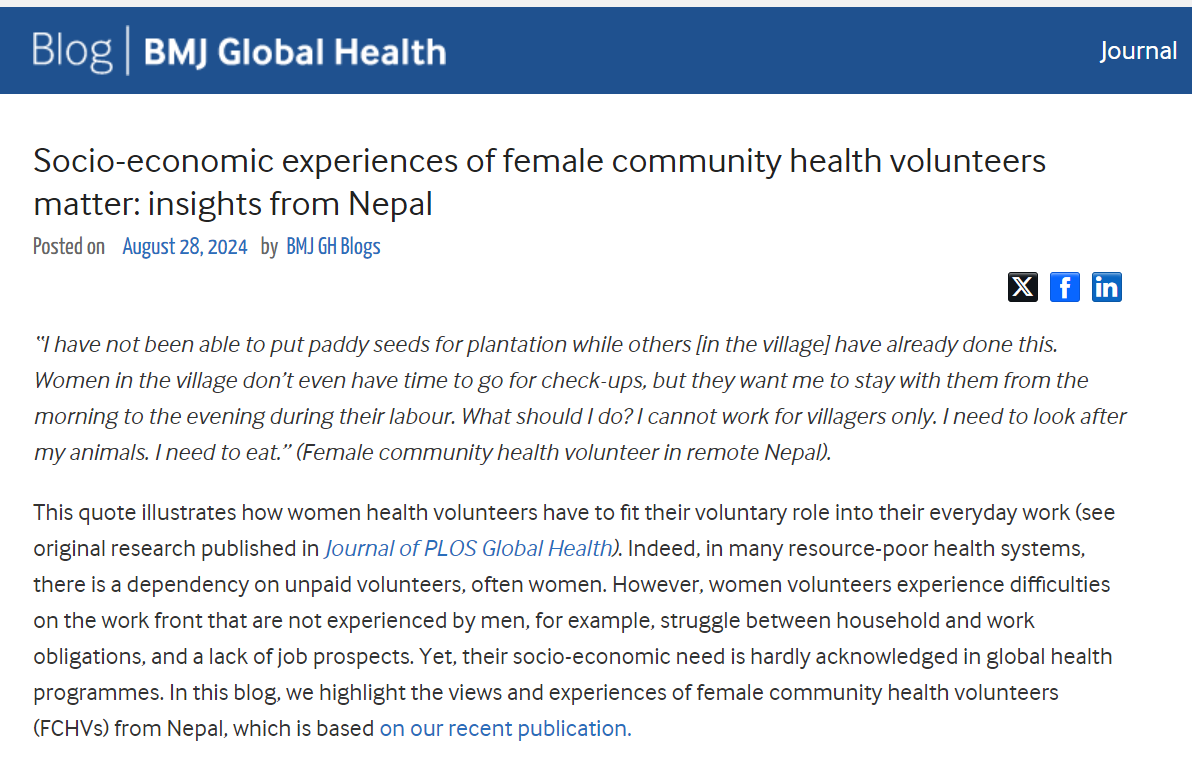
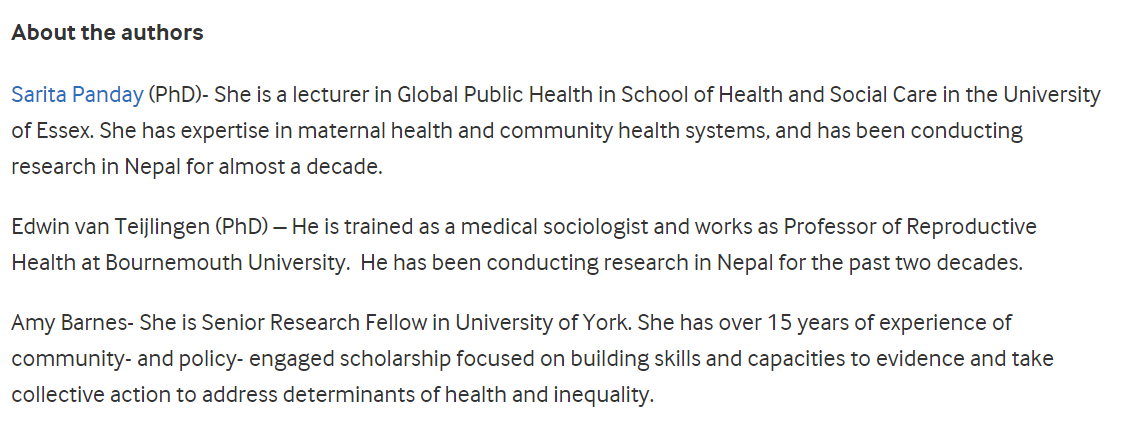
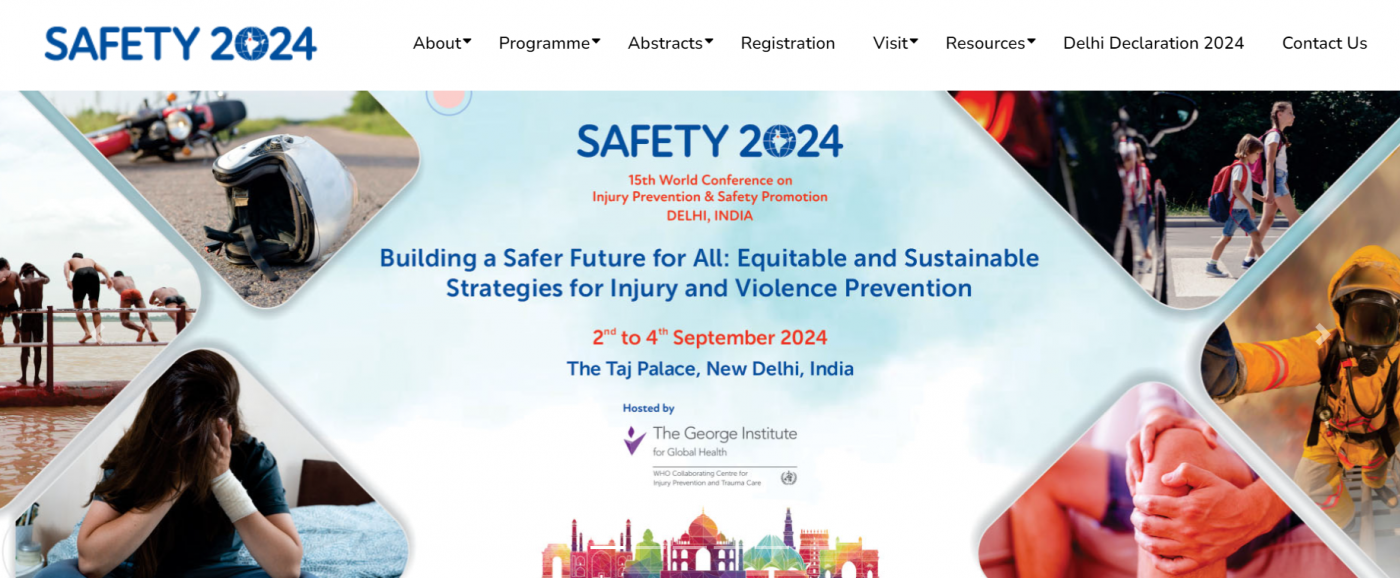

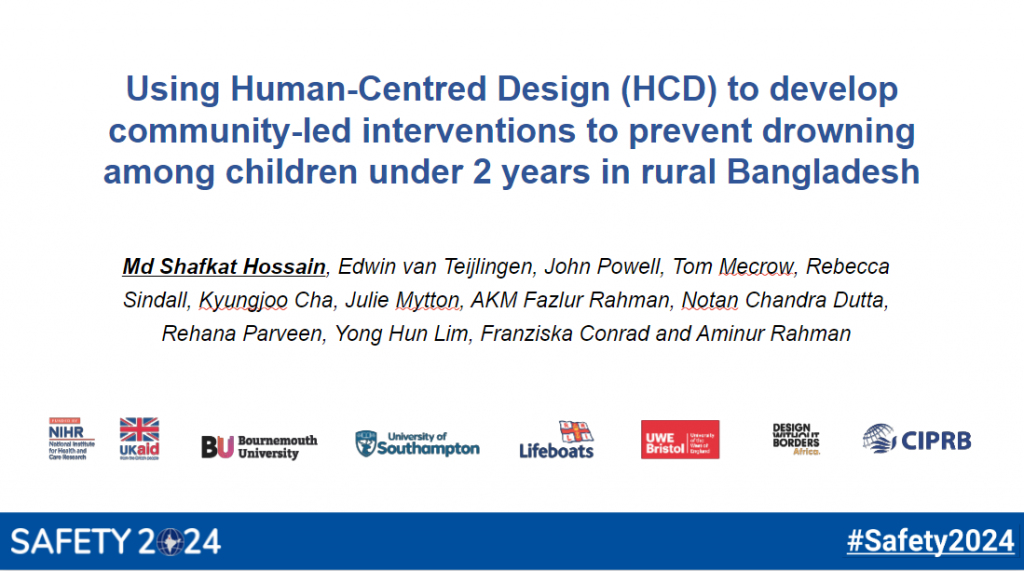

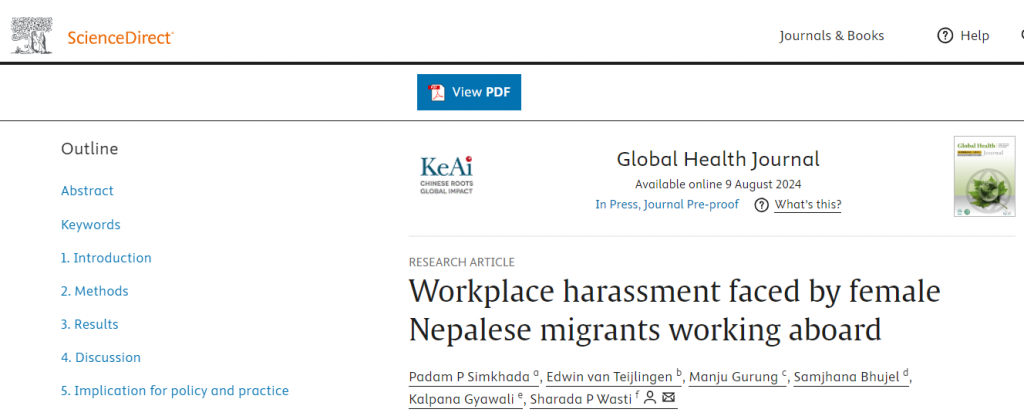
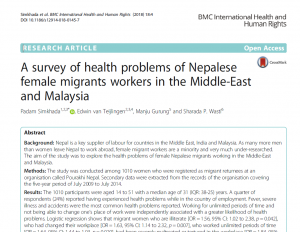



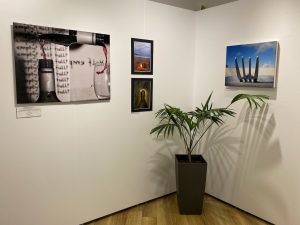
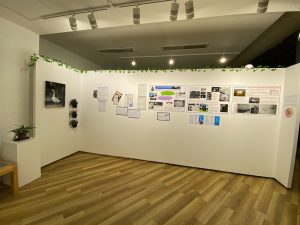
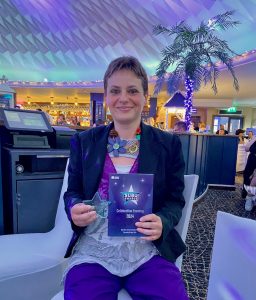
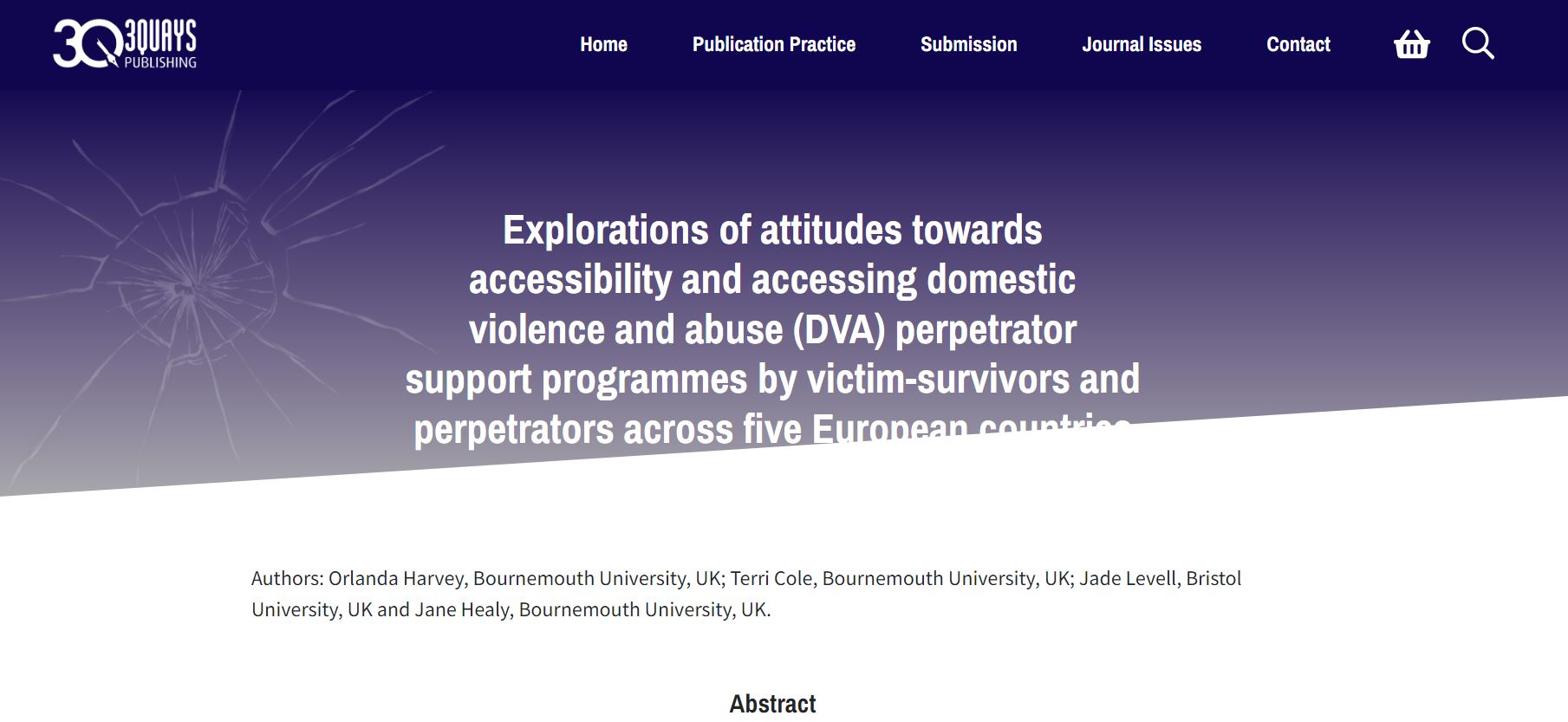
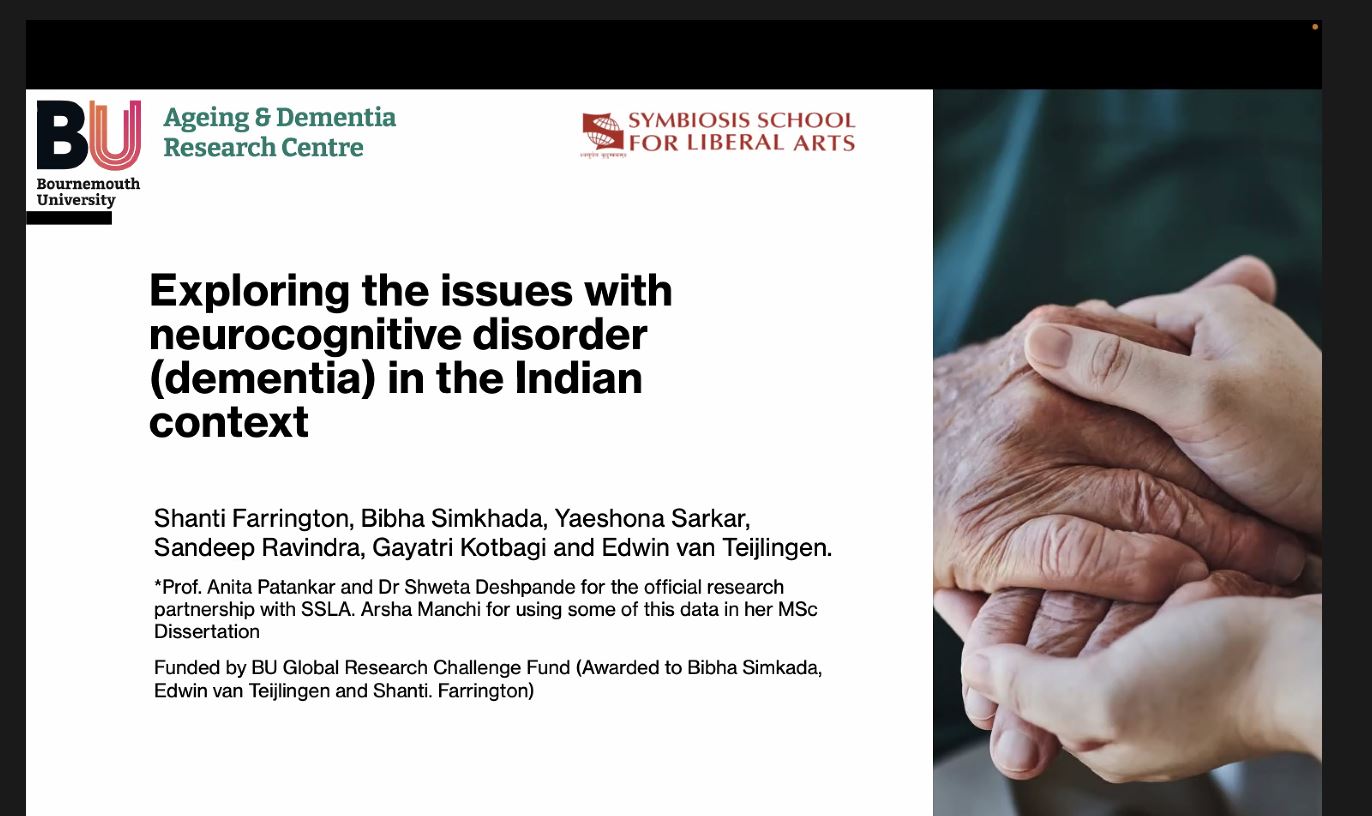

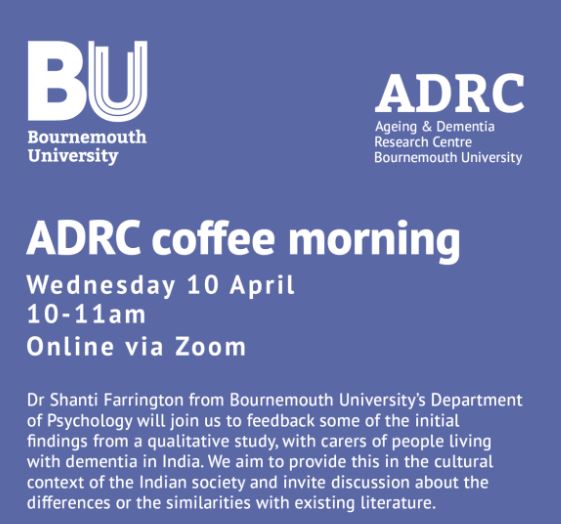
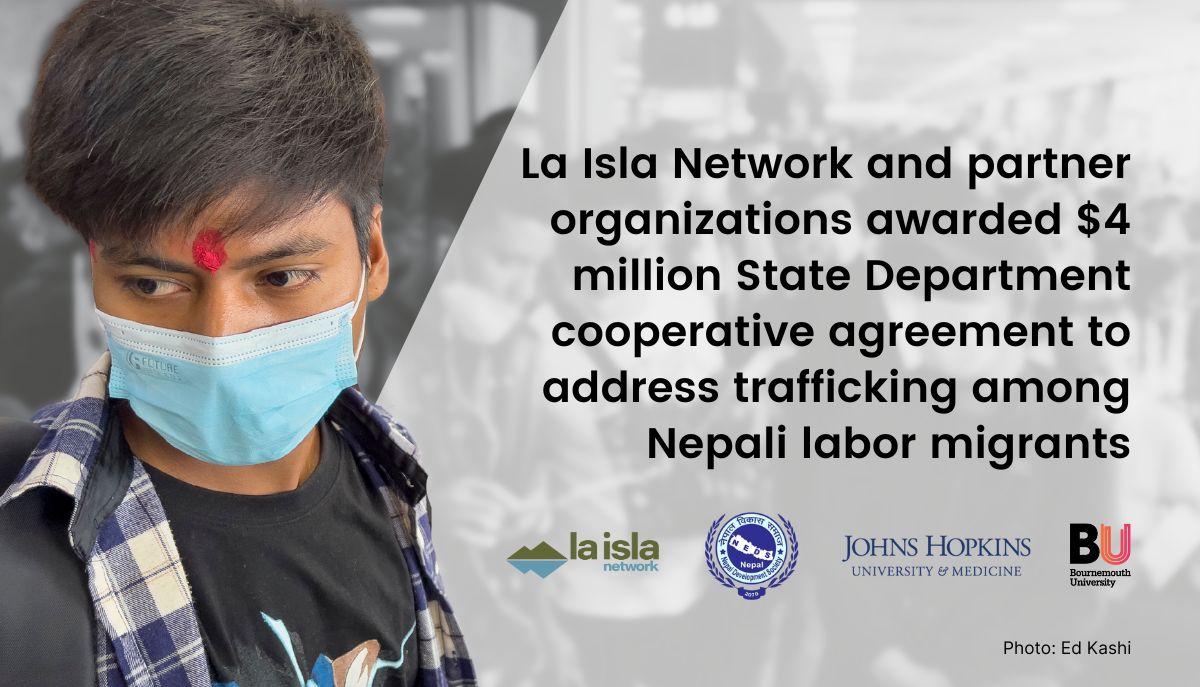
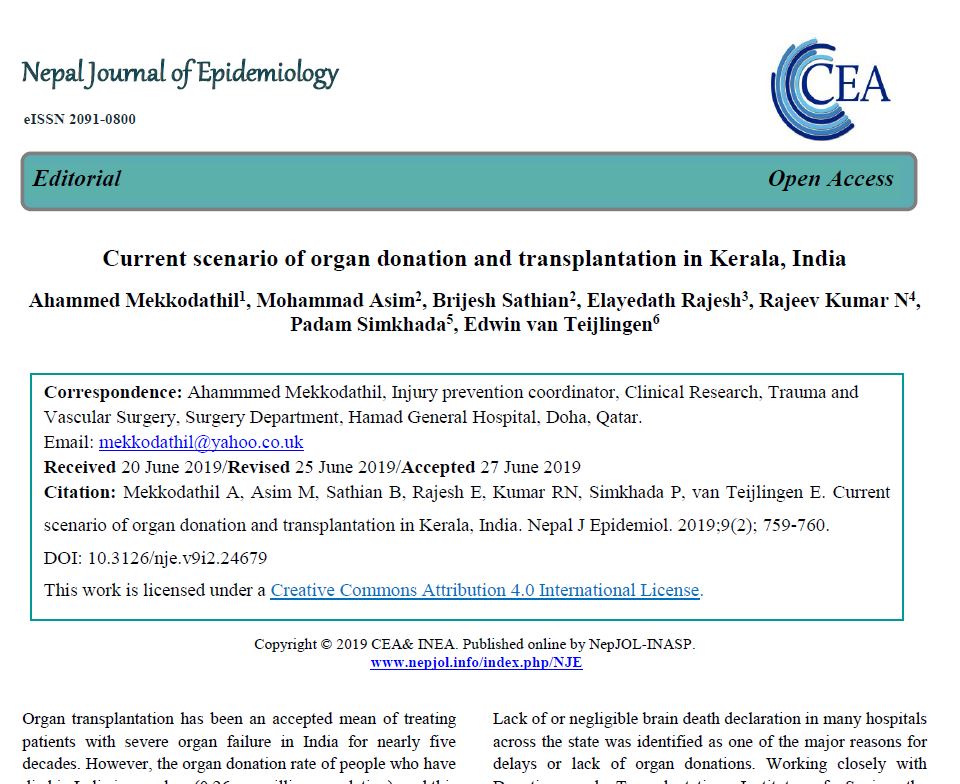

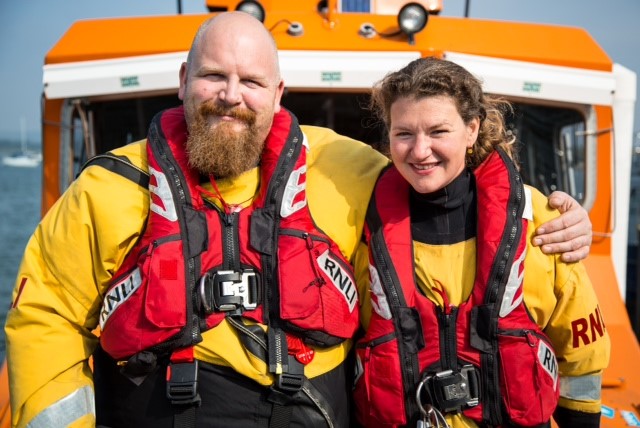



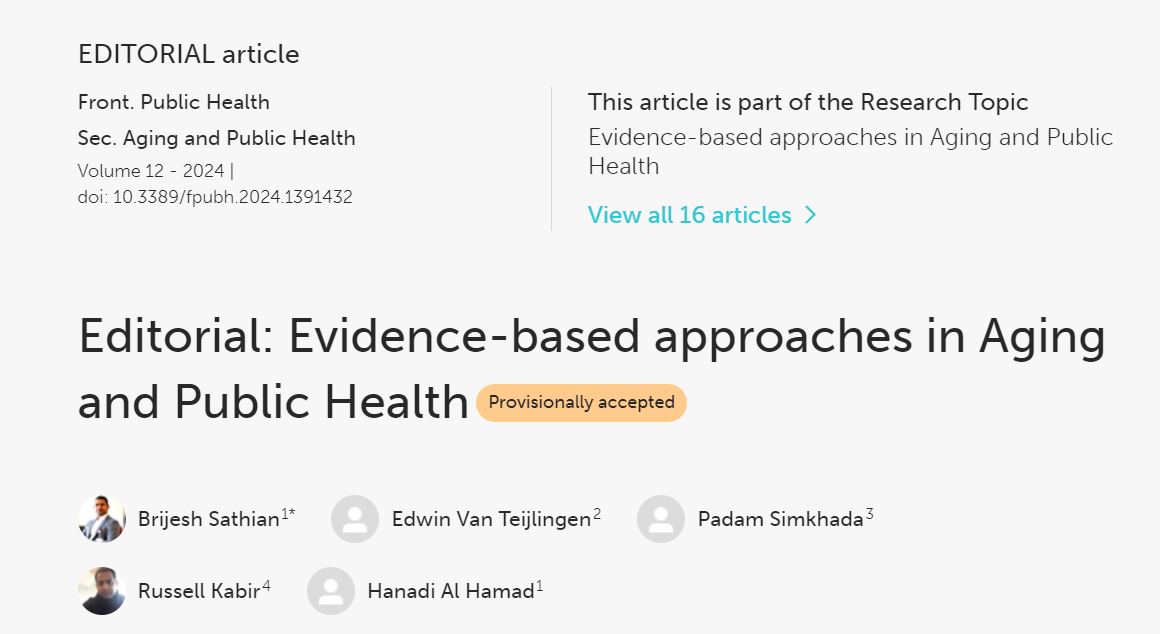
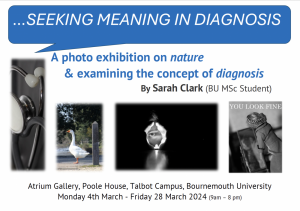

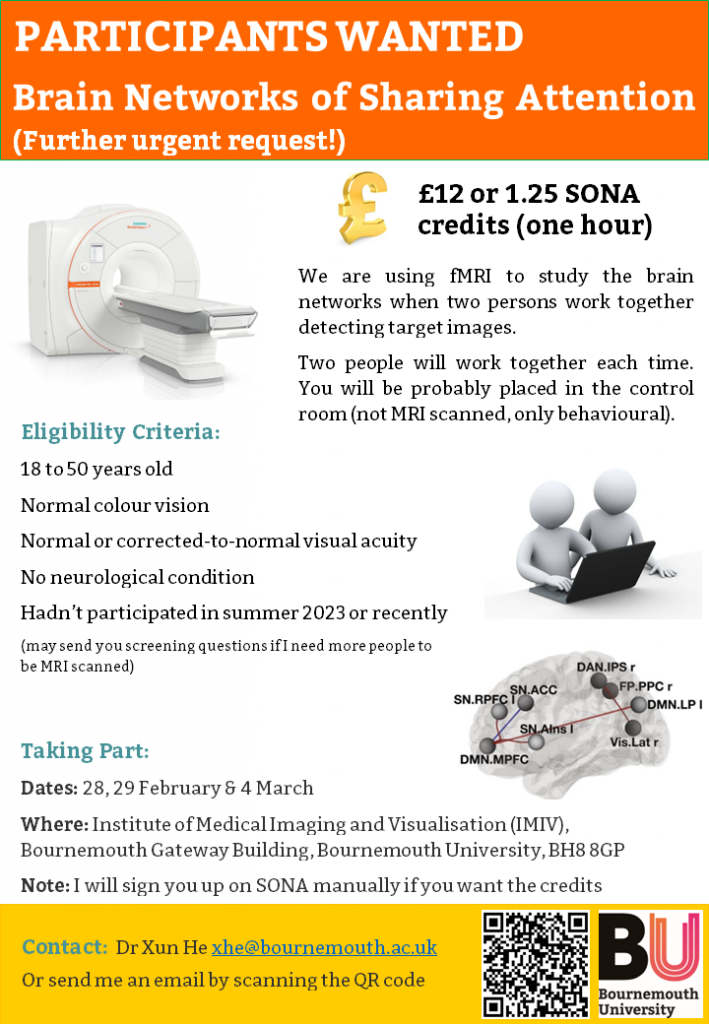
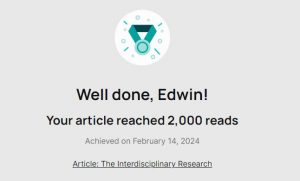

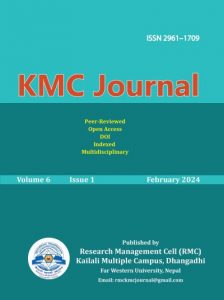












 Bournemouth University psychologists publish new book
Bournemouth University psychologists publish new book Connecting Research with Practice: FoodMAPP Secondment in Austria and France
Connecting Research with Practice: FoodMAPP Secondment in Austria and France Health promotion paper read 8,000 times
Health promotion paper read 8,000 times The Beautiful Work Challenge: On Birth
The Beautiful Work Challenge: On Birth Free event on Solutions to Inequalities in Dementia Diagnosis and Care
Free event on Solutions to Inequalities in Dementia Diagnosis and Care MSCA Postdoctoral Fellowships 2025 Call
MSCA Postdoctoral Fellowships 2025 Call ERC Advanced Grant 2025 Webinar
ERC Advanced Grant 2025 Webinar Horizon Europe Work Programme 2025 Published
Horizon Europe Work Programme 2025 Published Horizon Europe 2025 Work Programme pre-Published
Horizon Europe 2025 Work Programme pre-Published Update on UKRO services
Update on UKRO services European research project exploring use of ‘virtual twins’ to better manage metabolic associated fatty liver disease
European research project exploring use of ‘virtual twins’ to better manage metabolic associated fatty liver disease